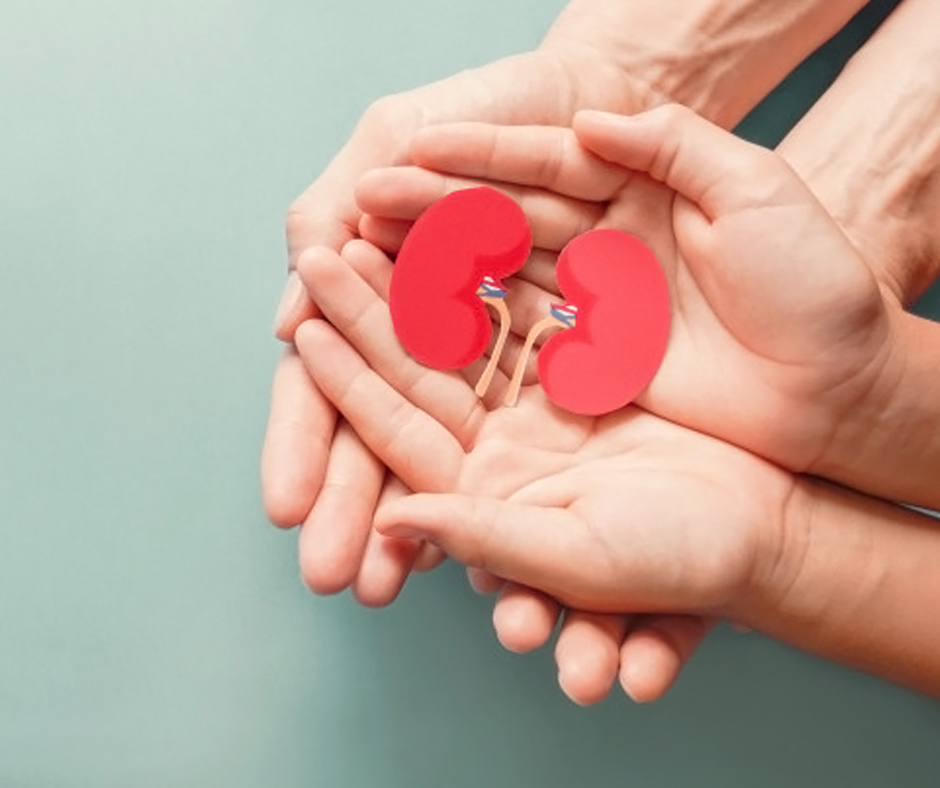Although you rarely think about them, your kidneys play a vital role in your overall health. These palm-sized organs on each side of your body are responsible for filtering impurities from the blood and maintaining the proper level of minerals like salt and potassium.
If you want to stay healthy, you need healthy kidneys. We all know kidneys love cranberry juice, but there are several other ways you can take care of your kidneys to keep yourself healthy for years to come.
Monitor Certain Medications.
While they can be bought over-the-counter, nonsteroidal anti-inflammatory drugs like Ibuprofen and Naproxen can be hard on the kidneys. People who take these types of medications frequently or in high doses may be risking permanent kidney damage. Some prescriptions medications, like certain antibiotics, lithium, and HIV medications, may also cause kidney problems.
Treat High Blood Pressure.
High Blood Pressure is the second leading cause of kidney failure. If your blood pressure is consistently high it can cause the arteries around the kidneys to harden and narrow, preventing adequate blood flow. Aim to keep your blood pressure at healthy levels near 120/80 and speak to your doctor if you are at risk.
Stabilize Your Blood Sugar.
Uncontrolled diabetes is one of the leading causes of kidney damage. Because the kidneys filter your blood, they’re forced to work overtime when your glucose levels are too high. Over time, this may cause permanent and life-threatening damage.
Eat a healthy diet.
Like most aspects of your body, the food you eat has a direct affect on your kidney health. To keep yours in good shape, eat a healthy diet of lean meats, fresh vegetables and fruits, and whole grains. Cut your salt intake to no more than 2,300 milligrams per day and avoid processed meats.
Stay hydrated.
Drinking plenty of water helps flush sodium and toxins from the kidneys. How much you should drink depends on multiple factors like your height, climate, and activity levels, but you should generally aim for 8 to 10 ounces per day.
Don’t smoke.
There are countless reasons to stop smoking, and kidney health is a big one. Smoking damages the blood vessels, leading to slower blood flow to your kidneys. It also increases your risk of kidney cancer. Speak to your doctor if you need help quitting.
Know your risk.
If you are at high risk of kidney disease, it’s important to speak with your doctor. They can check and monitor your kidney function through simple blood and urine tests for early treatment and prevention. Those at highest risk include people who over 60, those with health conditions like cardiovascular disease or diabetes, and patients who are obese.

